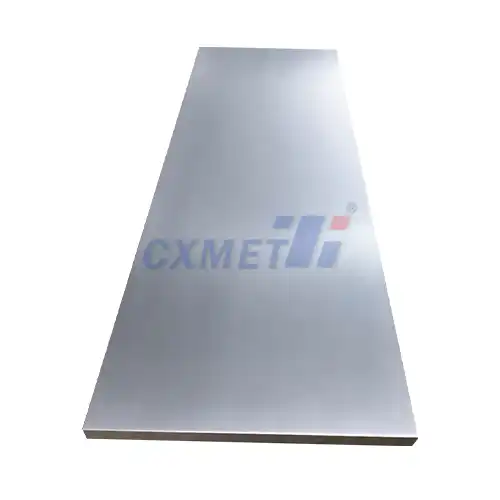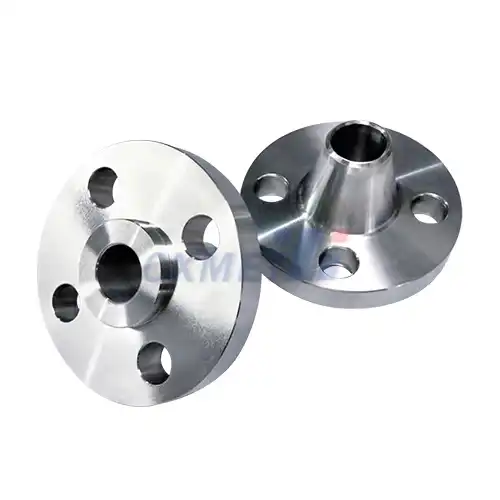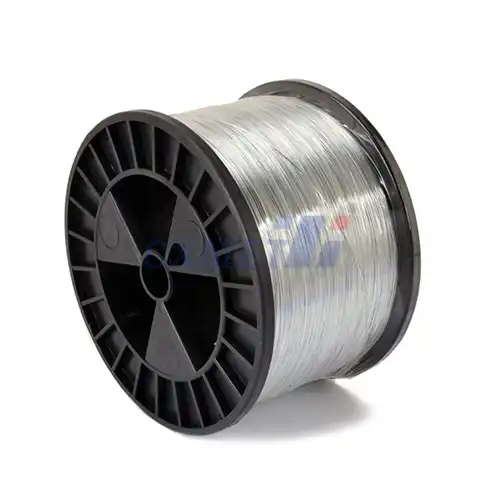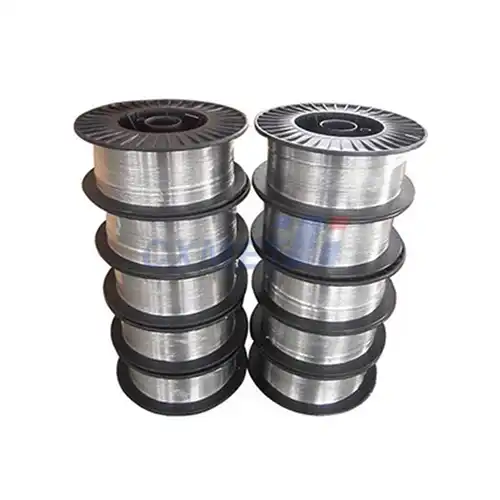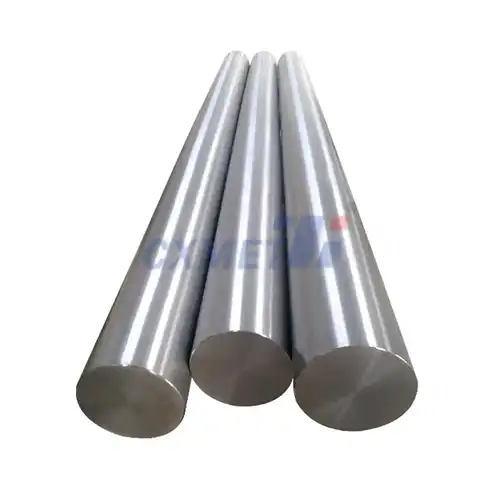- English
- French
- German
- Portuguese
- Spanish
- Russian
- Japanese
- Korean
- Arabic
- Greek
- German
- Turkish
- Italian
- Danish
- Romanian
- Indonesian
- Czech
- Afrikaans
- Swedish
- Polish
- Basque
- Catalan
- Esperanto
- Hindi
- Lao
- Albanian
- Amharic
- Armenian
- Azerbaijani
- Belarusian
- Bengali
- Bosnian
- Bulgarian
- Cebuano
- Chichewa
- Corsican
- Croatian
- Dutch
- Estonian
- Filipino
- Finnish
- Frisian
- Galician
- Georgian
- Gujarati
- Haitian
- Hausa
- Hawaiian
- Hebrew
- Hmong
- Hungarian
- Icelandic
- Igbo
- Javanese
- Kannada
- Kazakh
- Khmer
- Kurdish
- Kyrgyz
- Latin
- Latvian
- Lithuanian
- Luxembou..
- Macedonian
- Malagasy
- Malay
- Malayalam
- Maltese
- Maori
- Marathi
- Mongolian
- Burmese
- Nepali
- Norwegian
- Pashto
- Persian
- Punjabi
- Serbian
- Sesotho
- Sinhala
- Slovak
- Slovenian
- Somali
- Samoan
- Scots Gaelic
- Shona
- Sindhi
- Sundanese
- Swahili
- Tajik
- Tamil
- Telugu
- Thai
- Ukrainian
- Urdu
- Uzbek
- Vietnamese
- Welsh
- Xhosa
- Yiddish
- Yoruba
- Zulu
Are There Any Certifications for Pure Nickel Sheets?
2024-12-10 11:27:22
Pure nickel sheets are widely used in various industries due to their excellent properties, including corrosion resistance, high strength, and good thermal conductivity. As with many industrial materials, certifications play a crucial role in ensuring quality, safety, and compliance with industry standards. This article explores the certifications available for pure nickel sheets, their importance, and how they impact the manufacturing and use of these materials.
What Are the Most Common Certifications for Pure Nickel Sheets?
Several certifications are applicable to pure nickel sheets, each serving different purposes and addressing various aspects of quality and performance. Some of the most common certifications include:
- ASTM International Standards: ASTM (American Society for Testing and Materials) provides numerous standards for nickel and nickel alloys, including ASTM B162 for nickel plate, sheet, and strip. These standards define the chemical composition, mechanical properties, and dimensional tolerances for pure nickel products.
- ISO 9001: While not specific to nickel, ISO 9001 is a widely recognized quality management system certification. Manufacturers of pure nickel sheets who hold this certification demonstrate their commitment to consistent quality and customer satisfaction.
- AMS (Aerospace Material Specification): For nickel sheets used in aerospace applications, AMS certifications are crucial. AMS 5555 is specifically for commercially pure wrought nickel sheet, strip, and plate.
- RoHS Compliance: The Restriction of Hazardous Substances (RoHS) directive is important for nickel products used in electrical and electronic equipment. While pure nickel is generally RoHS compliant, certification ensures that the production process doesn't introduce restricted substances.
- REACH Compliance: The Registration, Evaluation, Authorization and Restriction of Chemicals (REACH) regulation is relevant for nickel sheets sold in the European Union. It ensures that the material and its production process meet strict environmental and health standards.
These certifications provide assurance to buyers and end-users about the quality, composition, and performance of pure nickel sheets. They also help manufacturers maintain consistency in their production processes and meet regulatory requirements in different markets.
Obtaining these certifications typically involves rigorous testing processes, documentation, and often third-party audits. Manufacturers must demonstrate that their products meet the specified standards consistently. For instance, to meet ASTM standards, nickel sheets undergo various tests for tensile strength, yield strength, elongation, and chemical composition.
It's important to note that the specific certifications required may vary depending on the intended application of the nickel sheets. For example, nickel sheets used in the food industry might require additional food-grade certifications, while those used in medical devices may need to comply with FDA regulations.
How Do Certifications Affect the Quality of Pure Nickel Sheets?
Certifications play a vital role in ensuring and maintaining the quality of pure nickel sheets. They affect various aspects of the material's production, properties, and performance:
- Consistency in Production: Certifications require manufacturers to implement and maintain strict quality control processes. This leads to greater consistency in the properties of nickel sheets from batch to batch, ensuring that customers receive a reliable product every time.
- Material Properties: Standards like ASTM B162 specify the required chemical composition and mechanical properties of pure nickel sheets. By adhering to these standards, manufacturers ensure that their products meet the expected performance criteria in terms of strength, ductility, and corrosion resistance.
- Traceability: Many certification processes require detailed documentation and record-keeping. This improves traceability, allowing manufacturers to track the origin of raw materials and the specifics of the production process for each batch of nickel sheets.
- Continuous Improvement: The process of obtaining and maintaining certifications often involves regular audits and reviews. This encourages manufacturers to continuously improve their processes and product quality.
- Customer Confidence: Certified products inspire greater confidence among customers. When a pure nickel sheet is certified to meet specific standards, customers can be assured of its quality and suitability for their intended application.
Furthermore, certifications can have a significant impact on the overall quality of the end product in which the nickel sheets are used. For instance, in aerospace applications, the use of certified nickel sheets ensures that components meet the stringent safety and performance requirements of the industry.
It's worth noting that while certifications are crucial for quality assurance, they are not the only factor determining the quality of pure nickel sheets. The expertise of the manufacturer, the quality of raw materials, and the specific production techniques used also play significant roles.
Manufacturers often go beyond the minimum requirements set by certification standards to differentiate their products in the market. They may invest in advanced production technologies or implement additional quality control measures to produce nickel sheets with superior properties or tighter tolerances than those specified in standard certifications.
Ultimately, certifications provide a baseline for quality, but the true measure of a pure nickel sheet's quality lies in its performance in the specific application for which it is intended. Therefore, while certifications are an excellent starting point for assessing quality, customers should also consider factors such as the manufacturer's reputation, customer reviews, and their own testing and validation processes when selecting pure nickel sheets for critical applications.
What Are the Benefits of Using Certified Pure Nickel Sheets?
The use of certified pure nickel sheets offers numerous benefits across various industries and applications. These benefits stem from the assurances provided by the certification process and the standards to which the materials are held. Here are some key advantages:
- Guaranteed Quality: Perhaps the most significant benefit of using certified pure nickel sheets is the assurance of quality. Certification standards typically specify precise chemical compositions, mechanical properties, and dimensional tolerances. When a nickel sheet is certified, users can be confident that it meets these specifications consistently.
- Reliability in Performance: Certified nickel sheets are more likely to perform reliably in their intended applications. Whether it's for corrosion resistance in chemical processing equipment or electrical conductivity in electronic components, certified materials have been tested and verified to meet specific performance criteria.
- Compliance with Regulations: In many industries, the use of certified materials is not just a preference but a regulatory requirement. For instance, in aerospace or medical device manufacturing, using certified nickel sheets helps ensure compliance with industry regulations and standards.
- Improved Safety: Certifications often include safety-related criteria. For example, RoHS certification ensures that the nickel sheets are free from certain hazardous substances. This is particularly important in applications where the material might come into contact with food, pharmaceuticals, or the human body.
- Cost-Effectiveness: While certified materials might have a higher upfront cost, they can be more cost-effective in the long run. The consistency and reliability of certified nickel sheets can reduce waste, minimize production errors, and extend the lifespan of the end product.
- Simplified Procurement: For businesses, using certified nickel sheets can simplify the procurement process. The certification provides a clear set of specifications, making it easier to compare products from different suppliers and ensure that the materials meet the required standards.
- Enhanced Traceability: Certified materials often come with detailed documentation, including test results and production data. This traceability is crucial in industries where material provenance is important, such as aerospace or defense.
- Global Market Access: Many certifications are internationally recognized. Using certified pure nickel sheets can facilitate access to global markets, as the materials are more likely to meet the standards and regulations of different countries.
- Reduced Testing and Validation: While it's still important for end-users to validate materials for their specific applications, using certified nickel sheets can reduce the extent of in-house testing required. The certification provides a baseline of assured quality and performance.
- Competitive Advantage: For manufacturers using certified nickel sheets in their products, it can provide a competitive advantage. They can market their products as being made with certified, high-quality materials, which can be a selling point for customers who prioritize quality and reliability.
It's important to note that while certifications provide numerous benefits, they should not be seen as a substitute for due diligence. End-users should still consider their specific application requirements and may need to conduct additional testing or seek custom certifications for highly specialized uses.
Moreover, the benefits of using certified pure nickel sheets extend beyond the immediate user to the entire supply chain. Suppliers of certified materials often have more stable and efficient production processes, leading to more reliable supply chains. This can be particularly beneficial in industries where material shortages or quality issues can have significant downstream impacts.
In conclusion, the use of certified pure nickel sheets offers a range of benefits that contribute to product quality, regulatory compliance, operational efficiency, and market competitiveness. As industries continue to evolve and quality standards become increasingly stringent, the importance of using certified materials is likely to grow even further.
At SHAANXI CXMET TECHNOLOGY CO., LTD, we take pride in our extensive product range, which caters to diverse customer needs. Our company is equipped with outstanding production and processing capabilities, ensuring the high quality and precision of our products. We are committed to innovation and continuously strive to develop new products, keeping us at the forefront of our industry. With leading technological development capabilities, we are able to adapt and evolve in a rapidly changing market. Furthermore, we offer customized solutions to meet the specific requirements of our clients. If you are interested in our products or wish to learn more about the intricate details of our offerings, please do not hesitate to contact us at sales@cxmet.com. Our team is always ready to assist you.
References
- ASTM International. (2021). ASTM B162 - Standard Specification for Nickel Plate, Sheet, and Strip.
- International Organization for Standardization. (2015). ISO 9001:2015 Quality management systems — Requirements.
- SAE International. (2019). AMS5555: Nickel Alloy, Corrosion and Heat-Resistant, Sheet, Strip, and Plate.
- European Commission. (2011). Directive 2011/65/EU on the restriction of the use of certain hazardous substances in electrical and electronic equipment (RoHS).
- European Chemicals Agency. (2006). Regulation (EC) No 1907/2006 - Registration, Evaluation, Authorisation and Restriction of Chemicals (REACH).
- Nickel Institute. (2022). Nickel Metal - The Facts.
- ASM International. (2000). ASM Specialty Handbook: Nickel, Cobalt, and Their Alloys.
- U.S. Food and Drug Administration. (2022). CFR - Code of Federal Regulations Title 21.
- European Aviation Safety Agency. (2021). Certification Specifications and Acceptable Means of Compliance for Large Aeroplanes CS-25.
- World Trade Organization. (2022). Technical Barriers to Trade Information Management System.
